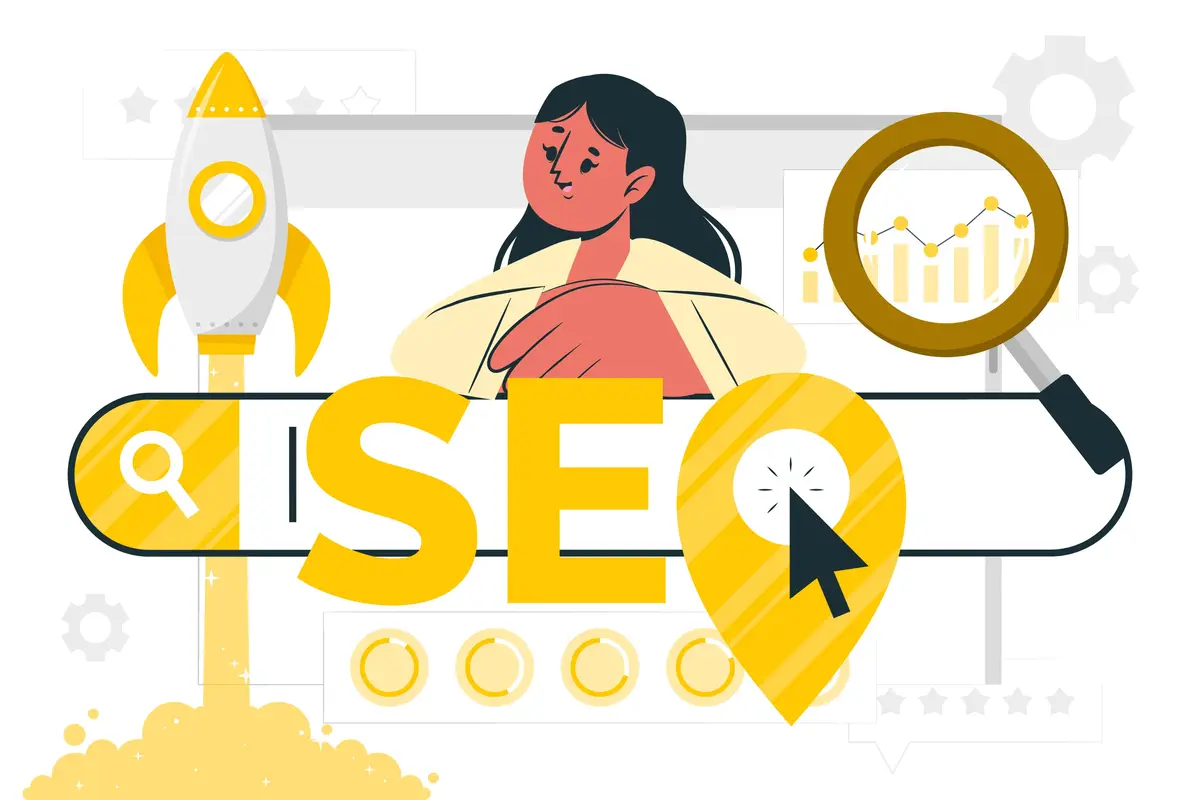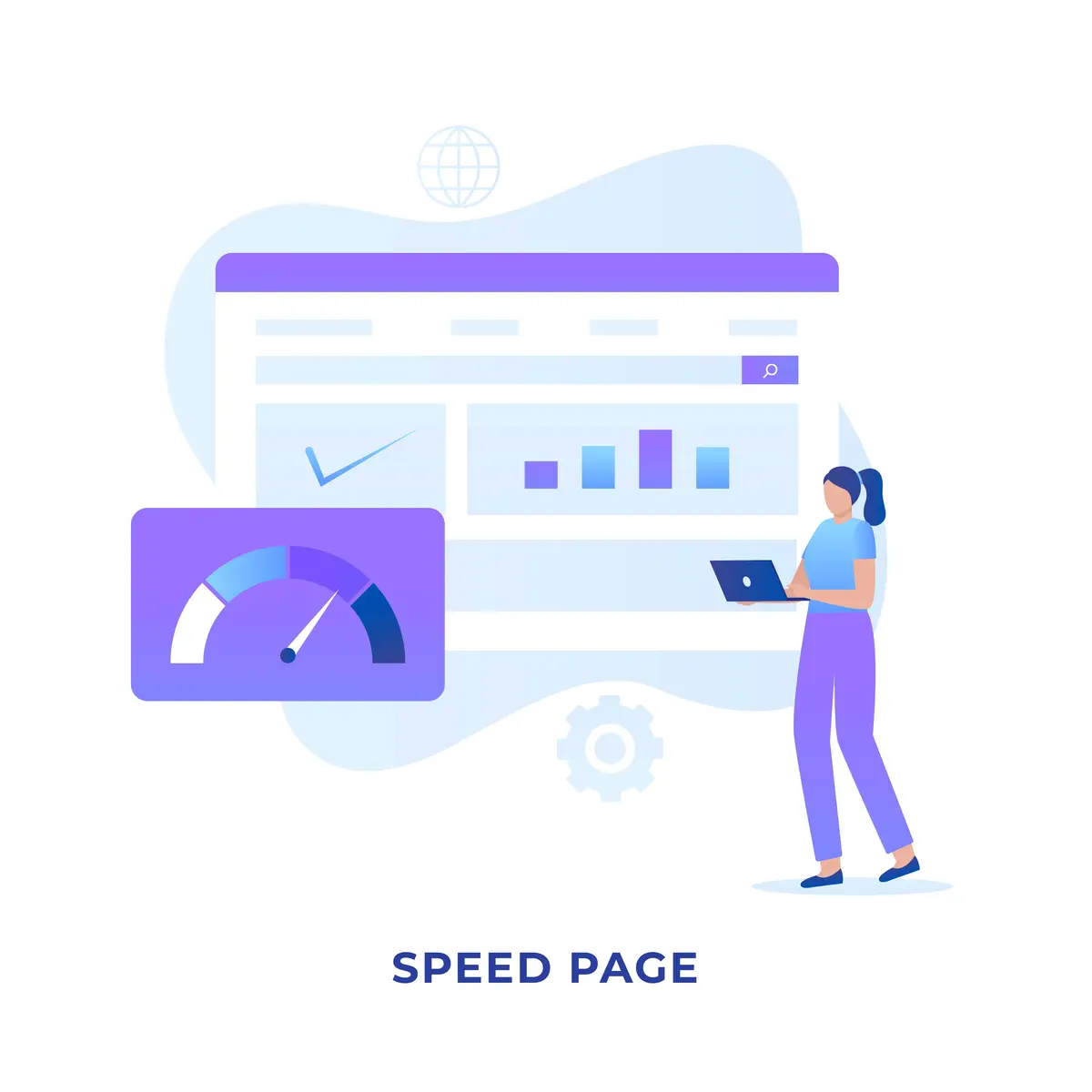The Importance of Backlinks in Off-Page SEO
Backlinks, often referred to as inbound or incoming links, are essential in off-page SEO as they connect one website to another. These links are a signal to search engines like Google, indicating that the linked website is credible, relevant, and trustworthy. When a high-quality site links to your content, it’s akin to a “vote” of confidence, affirming the value and authority of your content. This endorsement improves your site’s ranking on search engine results pages (SERPs). The more high-quality links a site has from reputable sources, the greater its potential to rank higher.
Understanding the types of backlinks is crucial to a successful SEO strategy. For example, dofollow links pass authority from the linking site to the destination, directly impacting SEO. In contrast, nofollow links do not pass authority but still drive traffic and enhance brand visibility. High-authority backlinks, such as those from well-established publications, have a significant impact on rankings as they carry more weight in search engine algorithms. Backlinks represent a vital part of off-page SEO, signaling a site’s relevance and authority to both search engines and potential audiences.

Why Backlinks Are Essential for Off-Page SEO
Backlinks are more than simple connections; they are essential for boosting domain authority, improving search engine rankings, and enhancing a site’s discoverability. Domain authority is a metric that measures a website’s credibility; backlinks from high-authority domains are crucial in elevating this score. A site receiving backlinks from reputable sources gains trust from search engines, positioning it as a reliable source within its niche.
In terms of rankings, the quality and relevance of backlinks are key. Google evaluates these links to determine a site’s credibility. Therefore, a site with numerous relevant backlinks has a higher chance of ranking well. Backlinks create a “network of trust” around content, showing search engines that others value the information. Moreover, backlinks improve visibility by acting as gateways for new visitors, helping to expand a website’s audience. These new visitors may share the content further, enhancing its reach.
For tips on how to increase your domain authority, check out this comprehensive SEO guide.

Quality over Quantity: The Key to Effective Backlinking
A common misconception is that more backlinks automatically improve SEO, but in reality, quality is far more important than quantity. A single high-quality backlink from an authoritative site in your industry can be far more beneficial than dozens of low-quality links. These quality links act as strong indicators of authority, improving both domain authority and rankings.
It’s crucial to avoid spammy or black-hat backlink practices, such as purchasing links or participating in link farms, as these tactics can lead to penalties. Google actively identifies and penalizes manipulative link-building strategies. Instead, focus on cultivating genuine, relevant connections within your industry, which leads to sustainable SEO benefits. In the world of backlinks, a few well-placed, authoritative links are much more valuable than hundreds of irrelevant ones.
Learn more about ethical SEO practices with our link-building strategy guide.
Best Practices for Building Backlinks
Building a strong backlink profile requires a strategic approach. One of the most effective methods is guest posting, where you contribute valuable content to another site in exchange for a backlink. This not only establishes you as an authority in your field but also drives traffic from the host site. For a detailed guide on guest posting, refer to our article on guest blogging best practices.
Another approach is influencer marketing, where you partner with industry influencers who can provide valuable backlinks. Influencers often link to content they find beneficial, bringing not only backlinks but also high-quality traffic. To dive deeper into influencer marketing for SEO, check out our article on using influencer marketing for SEO.
Directories and resource pages are also excellent sources of backlinks. Listing your business on reputable directories like Yelp ensures visibility while securing high-quality backlinks. Additionally, some industry-specific resource pages allow you to list your site, providing high-value backlinks. Combined with an internal linking strategy, these practices create a solid foundation for SEO success. To see how backlinks fit into a broader SEO plan, refer to our SEO solutions guide.
External Resources for Further Learning
Building effective backlinks requires a deep understanding of various link-building strategies. Some reputable resources for learning about backlinks include Moz’s Beginner’s Guide to Link Building (Moz Guide), which provides a foundational overview of link-building best practices, and Backlinko’s SEO Guide (Backlinko Guide), offering actionable insights for both beginners and experienced SEO professionals.
Additionally, powerful tools like Ahrefs , SEMrush , and Moz can help you monitor your backlink profile, track competitors, and uncover new link-building opportunities. These tools enable you to analyze which sites are linking to your content, assess the authority of these sites, and discover fresh backlink opportunities.
Common Mistakes to Avoid in Backlinking
Despite their value, there are common mistakes in backlinking that can undermine your SEO efforts. One major error is obtaining backlinks from low-quality sources. Links from irrelevant or low-authority sites can harm your rankings. Google may interpret these associations as attempts to manipulate rankings, leading to penalties.
Another mistake is overusing anchor text. Excessive use of the same anchor text can appear unnatural and over-optimized, attracting unwanted attention from search engines. A natural approach, with varied anchor text, is preferable for maintaining a clean backlink profile.
Also, ignoring nofollow links can be detrimental. While nofollow links do not directly impact SEO, they can bring valuable referral traffic and increase brand visibility. For example, nofollow links from social media platforms may not pass SEO value, but they still help boost exposure. For a deeper understanding, refer to our common backlink mistakes guide.

Backlinks are a critical component of off-page SEO, contributing to domain authority, higher rankings, and greater audience reach. By focusing on high-quality, relevant backlinks, you enhance your website’s credibility and visibility. While building a strong backlink profile requires strategic planning, the benefits—such as increased organic traffic, improved authority, and better SERP rankings—are well worth the effort. Remember, quality trumps quantity, so prioritize genuine and ethical backlinking practices for long-term SEO success. Follow best practices like guest posting and influencer marketing, and always monitor your backlink profile to maintain its positive impact on SEO.
Contact Us
Drop Us a Line
Talk to Our SEO Experts – Start Your Success Journey!
